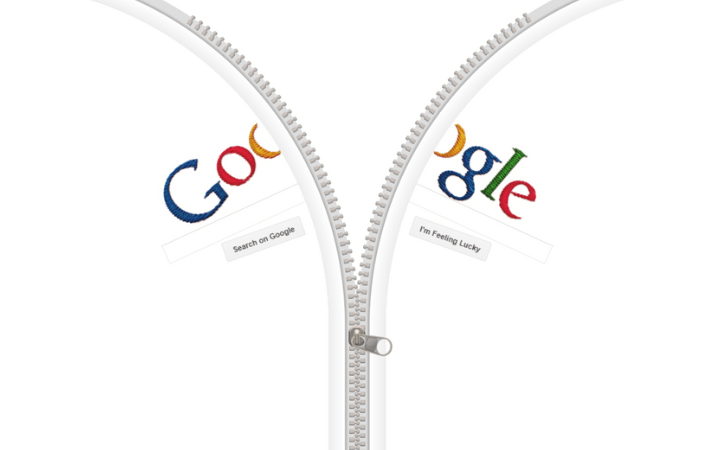What Is A Web App & Why Is A Web App Essential?

The Internet is the main communication channel in the world today. Web apps have grown significantly in the past few years. Private individuals use it, and companies also use it.
The Internet is a particularly fertile ground for the latter because the target audience is there. However, users today expect a lot when browsing online. This means that they only feel genuinely involved when they process all the information they need and return a satisfactory result. How is all this possible? Through the web apps.
Web apps allow users to interact with the company exactly as they would with a now common mobile application. Like the latter, web apps are fast, intuitive, and practical. Are they, therefore, the same? It might seem, but we are talking about two very different tools in reality. If before they were created for fun by developers, today they are a considerable resource in the hands of companies that need to present websites that appear. In all respects, like mobile applications but that are downloadable on any device. Let’s immediately see what a web app means and why it is considered so efficient.
What Is A Web App?
Suppose we wanted to give a technical definition of the web app. In that case, we could say that it is an application program stored on a remote server – which can also be located on the other side of the world – and distributed on the Internet via a browser.
The world of web apps is truly vast. They can be used both by end-users and by company employees to exchange documents or work on joint projects, both when they are at the PC in their workstation and via mobile. But perhaps, to better understand what the web app means, it is appropriate to distinguish them from the typical mobile applications that we all know so well.
In short, mobile apps are applications designed for a specific platform, such as iOS or Android. An iOS app can only be downloaded on an Apple device and not on a smartphone or tablet manufactured by Samsung. On the other hand, the web apps can be accessed directly from the browser. And can be downloaded on any device without brand barriers. What about their appearance? It is almost entirely similar to that of mobile apps.
A Bit Of History
To better understand how web apps work, we need to take many steps back and reach the 90s. At that time, websites consisted of pages created in HTML. There was no content such as images or videos. There weren’t the sites we know today.
Later, fortunately, the first images, some videos, and audio files were inserted. However, the sites built in this way remained static until the JavaScript programming language was reached. For the first time, website pages have become interactive, up to the so-called responsive format that came with the introduction of Ajax.
With Ajax, applications have made clients more and more interactive, even if today the web apps required by the market are of an even higher level. In 2015, HTML5 was introduced, which provides multimedia functionality without installing new plugins. On this basis, 3D graphics were developed, which today is indispensable in creating web apps.
Interface And Structure Of A Web App
As for the interface… thanks to Java, JavaScript, Flash, and other programming languages, the elements of the app have been combined into an interface that resembles an operating system. The features that the developers gradually add are implemented with a client-side script. What is the goal of all this work? Create an experience for the user in which he does not have to waste time waiting for the classic web page to load. As for the structure, however, the applications are divided into levels, and each group is assigned a role. If a mobile app is built on one level, web apps are built on several groups, usually three (presentation, application, storage). The more complex the applications are, the more it becomes necessary to add layers.
What Is The Difference Between A Website And A Web App?
In the beginning, to understand the definition of the web app, we compared it to mobile apps, an example that we have under our eyes every hour of our day. But now, let’s see the differences between a regular website and a web app. The underlying question is: why is a web app better than a website?
To create a corporate website, you must merge many related web pages under a single domain. It can be hosted on one or more servers and is accessible via the Internet.
On the other hand, a web app is accessible from any browser. It is created through languages such as JavaScript or HTML, but there is no specific SDK, as is the case for mobile apps. To answer the question we have launched, a web app is much faster loading than an average site. It adapts better to the device on which it is used, and graphically it is much more intuitive, resembling a mobile app.
Also Read: 21 Good Tools For Distributed Teams






